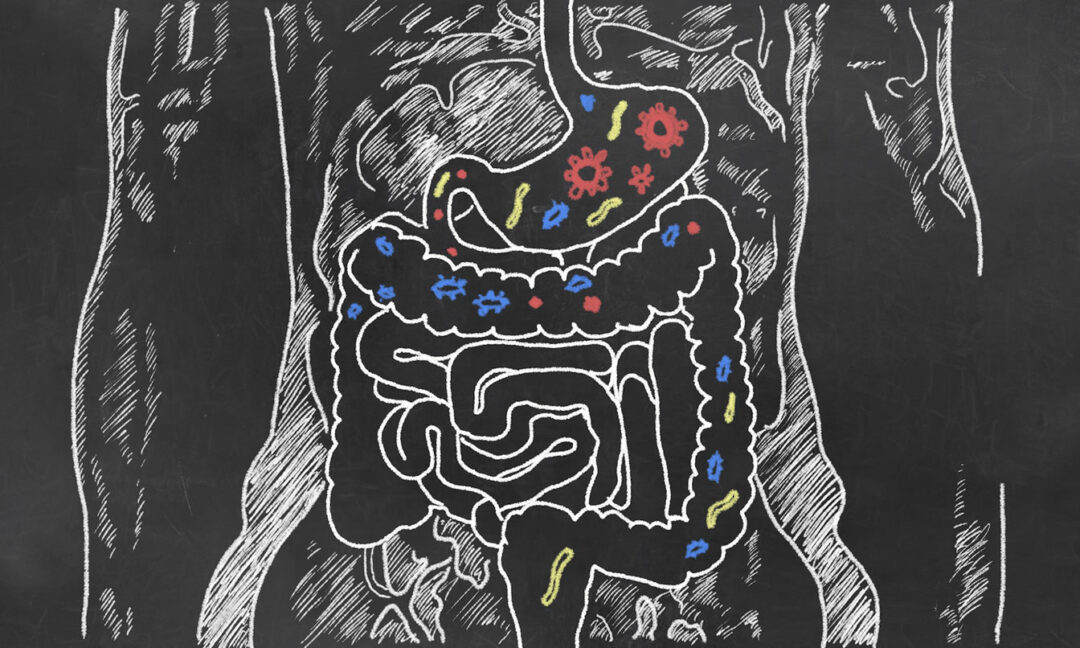
Review: Gut Microbiome Regulation Could Ease Anxiety

A team of researchers from the Shanghai Mental Health Center at Shanghai Jiao Tong University School of Medicine reviewed 21 studies that had collectively examined 1,503 people, according to an overview of the study onScienceDaily. Of those studies, 14 featured probiotics as their intervention, and seven used non-probiotic strategies, like adjusting daily diets. Out of those studies that used probiotics, seven used only one kind of probiotic, two studies used two kinds of probiotics, and five studies used at least three kinds of probiotics.
Results showed that 80% of the studies that used non-probiotic interventions improved anxiety symptoms, and 45% of the studies that used probiotics improved anxiety symptoms.
The authors hypothesize that non-probiotic interventions were more effective because changing the diet can provide a diverse energy source, impacting gut bacteria growth on a broader scale than can be accomplished with a single probiotic supplement involving one to three strains. It was also noted that intervention time for the probiotics might have been too short, and that the probiotic strains used in multi-strain interventions could have competed against each other, resulting in decreased effectiveness.
This was, however, an observational study, and as the authors acknowledged, differences in study design, subjects, interventions, and measurements make the data unsuitable for meta-analysis, let alone establishment of cause. The researchers suggested that more study was necessary.
For more on gut bacteria and the gut-brain axis,go here.

The editorial team at WholeFoods Magazine has decades of experiences reporting on natural products industry news, trends, and more. This national, monthly business-to-business magazine has been published continuously for nearly 40 years (the magazine was founded in 1977, and has been owned by Wainer Finest Communications since 1984). It is the longest-tenured media outlet of its kind in the natural products industry. The editorial focus at WholeFoods Magazine is, and always has been, on informing and educating members of the natural products industry.
The Magazine
Information
About Us
NOTE: WholeFoods Magazine is a business-to-business publication. Information on this site should not be considered medical advice or a way to diagnose or treat any disease or illness. Always seek the advice of a medical professional before making lifestyle changes, including taking a dietary supplement. The opinions expressed by contributors and experts quoted in articles are not necessarily those of the publisher or editors of WholeFoods.







